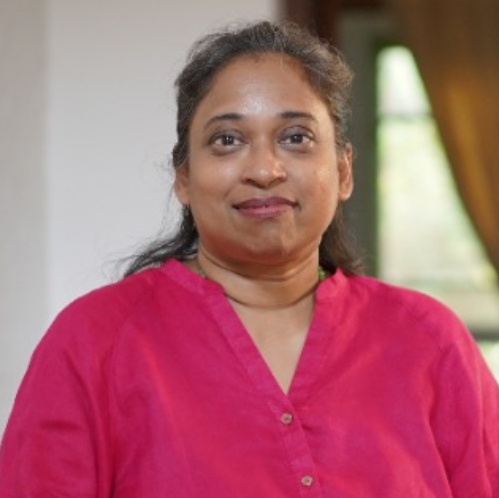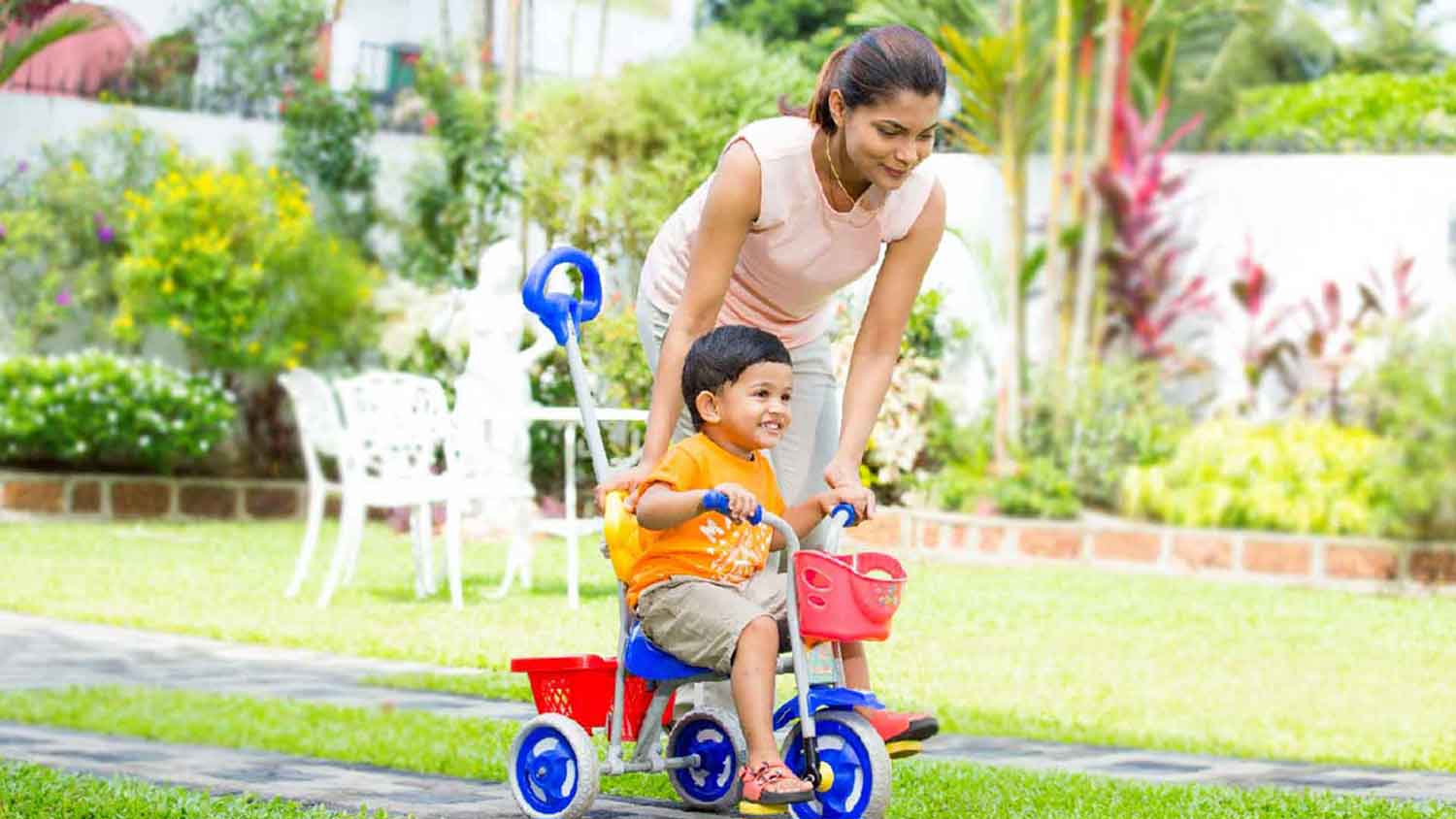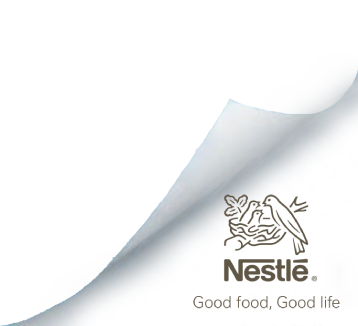























Mental Milestones


As you speak to and play with your child, inside his / her brain, the capacity to process information, skills of perception, language learning and conceptual thinking is developing.
We watch our little children grow up mastering particular milestones in development such as walking, talking, catching, feeding themselves and many other skills that we as adults take for granted. Milestones are behaviours and / or physical skills that children learn as they develop. Milestones have been determined for physical and mental aspects of development though these two are closely linked.
Development milestones are typically linked to a particular age: for example, it is expected that between 1 and 3 years of age a toddler would be able to feed themselves with minimal spilling, be able to draw a line, name pictures of common objects and point to body parts correctly, recognise and name colours, find particular objects and many more other behaviours and skills. All of this marks the process of your child beginning to do things by himself or herself. Nurturing this independence, and also and what Vygotsky calls, our internal dialogue that supports our self-esteem, and resilience are important aspects of parenting and is one of the results of your relationship with your child.
Achieving milestones in line with the given timeline is seen an indication of what is known as the normal progression of development. In general, some would achieve the milestones right on time while others would be either faster or slower. Some toddlers would walk by 8 months and others take about 13 months and this is okay. And it is also important to note that in some instances there would also be some areas where toddlers would be faster some toddlers walk and other areas in which would be slower and this too is okay. – for example a toddler could talk well before the expected age, but walking would take a little longer than the expected age. However, it must be noted that if there are significant delays, it is best to get expert opinion and advice. Early detection of significant development delays can be addressed more easily.
Before we go into the actual cognitive milestones or the development of the thinking process, I would like to state two things that researchers have repeatedly found:
- That our mental development is constrained by different types of hostilities like anger, anxiety and fostered by empathy which counters experienced hostilities.
- Thinking skills improve through interaction with people and the world around them. – in other words early experiences matter – nurturing experiences help us make sense of the world – developing our brain architecture.
Amongst the first behaviours you will begin to notice would be how your child will pay attention to faces, how they get bored if things don’t change after a while. This tells us how much they like to see different things. At the same time, you will also see them form attachments to favourite things and be able to consistently pick it out.
By one year, you will notice how your toddler changes the way in which they explore things around them, they would shake, bang and throw things, they would also be able to find things more easily, copy gestures and begin to use things correctly like drink from cup or brush hair. By 2 years, they would be able to sort shapes and colours and complete sentences and rhythms in familiar books and engage in make believe games and follow two instructions given at once.
How can we use this to support the cognitive and mental development of our children?
- Play – best means of stimulation – has new experiences, social interaction and is fun - you can use everyday items to create fantastic worlds.
- Offer children choices - to help them become more confident at decision making.
- Ensure children have a variety of experiences and talk to them about it to develop their capacity to have the most interesting conversations with you.
To nurture problem solving and independence, provide support for a child to learn something and as he / she progresses, progressively remove supports allowing your child to do more on their own time.
Share With:
Recommended Articles


Children say the Cutest Things
How to help your children express themselves As we take care of a newborn, we eagerly await the firsts. The first time a baby smiles. The first laugh. Th...
Read More

Coping with Social Anxiety during Social Distancing
For almost a year now we have been worried about catching the infectious disease Covid 19 from anyone who is within close physical proximity to us. The news...
Read More

